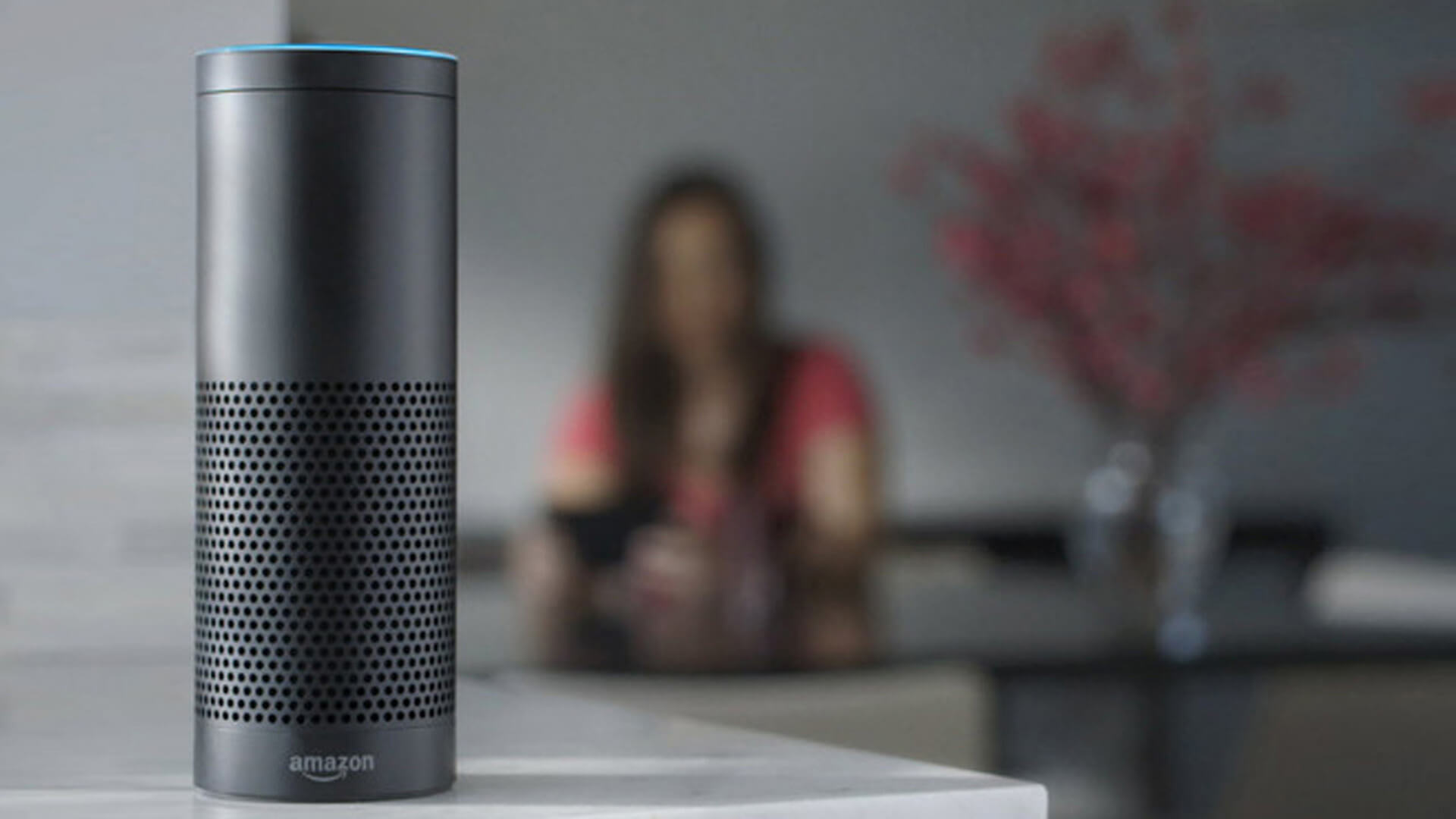
After many years of false hopes, finally, the time for voice as a useful user interface is here. Voice features most prominently in making digital assistants the intermediary between people and devices. The device itself is a gateway to networked knowledge and services.
A recent article in Wired, We’re on the Brink of a Revolution in Crazy-Smart Digital Assistants, is a great look at the evolution of voice as an interface. Recommended read. There is now thankfully a massive leap possible from those frustrating times I’ve spent yelling at “intelligent” telephone agents to try and get to a real person as quickly as possible.
One of the great points the article makes is that voice interactions “are no longer just supplementary ways to do things. They’re the best way, and in some cases the only way. (In Apple’s HomeKit system for the connected house, you make sure everything’s off and locked by saying, “Hey Siri, good night.”)”
Anthropomorphism
Anthropomorphism is the attribution of human characteristics to non-humans, including smart objects in the Internet of Things (IoT). I previously wrote about microinteractions as a way to give IoT objects personality. Voice adds another dimension to humans as social beings interacting with inanimate things and devices.
The Wired article looks at the experience of using Amazon’s Echo, “It’s a funny thing, trying to make sense of a technology that has no built-in visual interface. There’s not much to look at, nothing to poke around inside of, nothing to scroll through, and no clear boundaries on what it can do.”
Yet, it’s not really the device Echo but its personality Alexa that holds the key. “Alexa went from cute but infuriating to genuinely, consistently useful. I got to know it, and it got to know me. This gets at a deeper truth about conversational tech: You only discover its capabilities in the course of a personal relationship with it.” (emphasis added)
Personal relationships take time and many, many interactions to develop. Remember, we’re talking about a personal relationship between a human being and an inanimate object, however “smart” that object may be.
“The big players in the industry all realize this and are trying to give their assistants the right balance of personality, charm, and respectful distance—to make them, in short, likable.” (emphasis added)
“So get ready to meet some new disembodied voices. Once you pick one, you might never break up.”
Of course, voice isn’t going to be limited to digital assistants like Alexa, Siri, Google Now, and Cortana. (As an aside, notice how Google is the only one that hasn’t given its personal assistant a name? No name, no personality, no likability, no personal relationship. Google, you are doing it wrong but you never got social anyway.)
Voice will emerge as a complementary user interface to the entrenched graphical interface. But it will be more than just another user interface, infusing personality into our interactions with objects and devices. More on that some other time…
